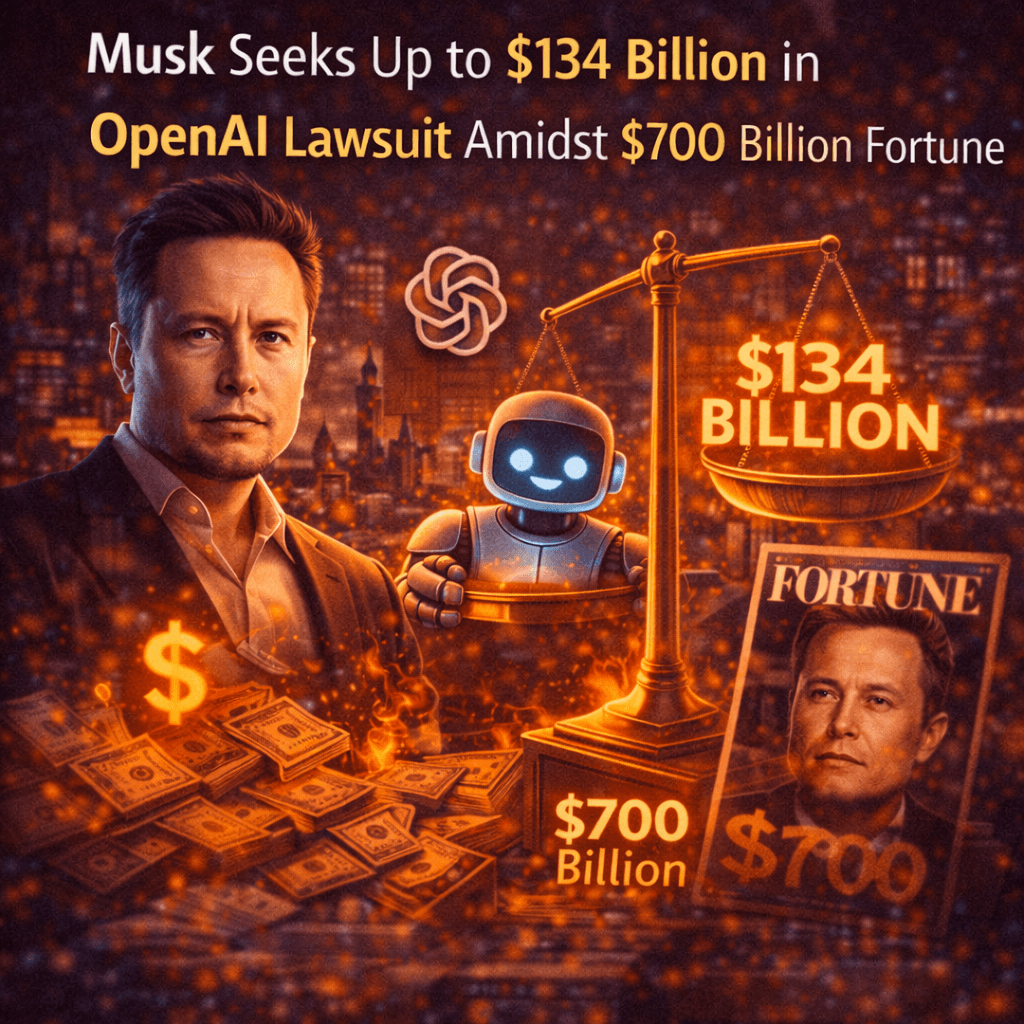G7 Nations Unite on Quantum Technology Strategy Amid Global Tech Race
The G7 nations—Canada, France, Germany, Italy, Japan, the UK, and the US—have jointly pledged to coordinate national strategies on quantum technologies, aiming to maintain a global edge in this critical field as competition intensifies, particularly from China.

Why Quantum Tech Now?
Quantum technology—encompassing quantum computing, quantum communication, and quantum sensing—has moved beyond theoretical potential to a race for real-world dominance. With use cases ranging from cryptography and climate modeling to drug discovery and defense systems, global powers are treating quantum supremacy as a strategic imperative.
G7’s unified front signals rising concerns about fragmentation, duplication of research, and the geopolitical stakes of losing technological ground to nations with massive state-backed programs.
Key Pillars of the G7 Quantum Strategy
The joint statement outlines several shared goals:
- Cross-border R&D Collaboration: G7 members will promote joint research programs, increase interdisciplinary talent exchanges, and facilitate the sharing of secure infrastructure for testing.
- Common Ethical and Security Frameworks: The nations commit to building norms around responsible development, especially in quantum cryptography and military applications.
- Supply Chain Resilience: From cryogenic systems to rare materials like niobium, the group is preparing for the secure sourcing and production of quantum-enabling components.
- International Standardization: By working with organizations like the International Telecommunication Union (ITU) and IEEE, the G7 aims to guide the emerging quantum standards landscape.
Also Read: 3D DRAM and 3D NAND to Dominate Memory Market Amid AI and Data Center Boom
Why It Matters: Global Stakes and Strategic Competition
This move mirrors the semiconductor coalition approach adopted after global chip shortages. But this time, it’s a preemptive play: countries are racing to shape the ecosystem before it fully matures.
Notably, China has invested heavily in quantum research, having already launched quantum satellites, nationwide quantum networks, and public-private megaprojects. The G7’s collective posture is both a counterweight and a call to ensure democratic alignment in future technologies.
You may also like

Summary
Read Full
open_in_newSouth Korea has introduced landmark laws to regulate artificial intelligence, aiming to promote innovation while ensuring safety and transparency

Summary
Read Full
open_in_newNVIDIA's dominance in the tech industry is often attributed to its cutting-edge hardware, but its real competitive advantage lies in its vast network of developers

Summary
Read Full
open_in_newUCLA researchers have developed a novel AI tool to improve early diagnosis of Alzheimer's disease, particularly in cases that are often missed by traditional methods

Europe's Quest for Digital Independence: Breaking Free from US Internet Technology
Summary
Read Full
open_in_newThe European Union is taking steps to reduce its reliance on US internet technology, citing concerns over data privacy, security, and geopolitical tensions. This move aims to promote digital sovereignty and foster a more autonomous European tech industry.

White House Accused of Manipulating AI-Altered Images of Arrested ICE Protesters
Summary
Read Full
open_in_newThe White House is facing criticism for allegedly using AI-altered images of arrested ICE protesters to create a narrative of cruelty, sparking concerns about the manipulation of information and the potential for harm to individuals and communities

Summary
Read Full
open_in_newICE is scanning civilians' faces, informing them that their information is being entered into a terrorism database, raising concerns about privacy and surveillance

The AI Monk: A 2.5M Follower Phenomenon Fully Automated in n8n
Summary
Read Full
open_in_newDiscover how the AI Monk, a social media sensation with 2.5 million followers, has been fully automated using the n8n workflow automation tool, streamlining content creation and engagement
Post a comment
Comments
Most Popular











